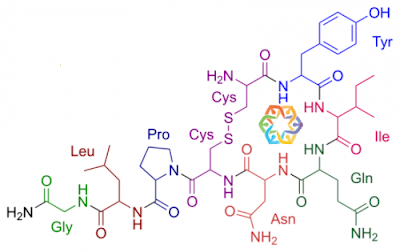Strategies for Overcoming Shame
“Shame is a soul eating emotion.” – C.G. Jung
I have felt shame. You have felt it too.
It's that emotion when you want to tuck yourself into a tight little ball, roll into dark corner, and disappear. You are the bad little girl or boy who is unworthy, unlovable, and cast out.
Shame feels like you've done something very, very wrong — so wrong that your self-esteem withers and you see yourself as seriously flawed. We often confuse shame with guilt, but they are not the same. As shame and vulnerability author and speaker Brene Brown says, “The difference between shame and guilt is the difference between ‘I am bad’ and ‘I did something bad.'”
Not surprisingly, shame generally has its roots in our family of origin. If one or both of our parents were bound in shame, they passed that painful legacy to us through their feelings about themselves and their treatment of us.Children are particularly vulnerable to shame because they develop their identity based on their parents' reactions to them. If you grew up in a neglectful, abusive, controlling or otherwise dysfunctional family, then shame is an inevitable consequence of your painful experiences.
How could you not feel shame if you were mistreated or ignored? Something must be wrong with you if your parents (one or both) can't be there for you or show you love. When we are made to feel deficient, inadequate, and unlovable, we begin to see ourselves this way.
Sadly, how we were treated by others when we were children becomes the way we internally treat ourselves. Over time, the experiences around which we were shamed as children become the unconscious triggers for feeling and expressing shame as adults. For example, if you were a little boy shamed for crying or being overly sensitive, then you feel deeply embarrassed and humiliated when you cry as an adult. You'll do everything in your power to repress feelings that might make you cry.
We develop a myriad of unhealthy coping mechanisms to muffle our feelings of shame, all of which have a negative impact on our close relationships. Anger, withdrawal, blame, contempt, control, perfectionism, and people pleasing are all strategies that temporarily alleviate the pain of feeling inadequate and unlovable. However, these strategies don't address the root cause of our shame. Recovering from shame and rebuilding self-esteem and self-love takes time and patience — but it can be done.
To see the 8 strategies for overcoming shame and restoring self-esteem click the link below for the full article.


Comments
Post a Comment